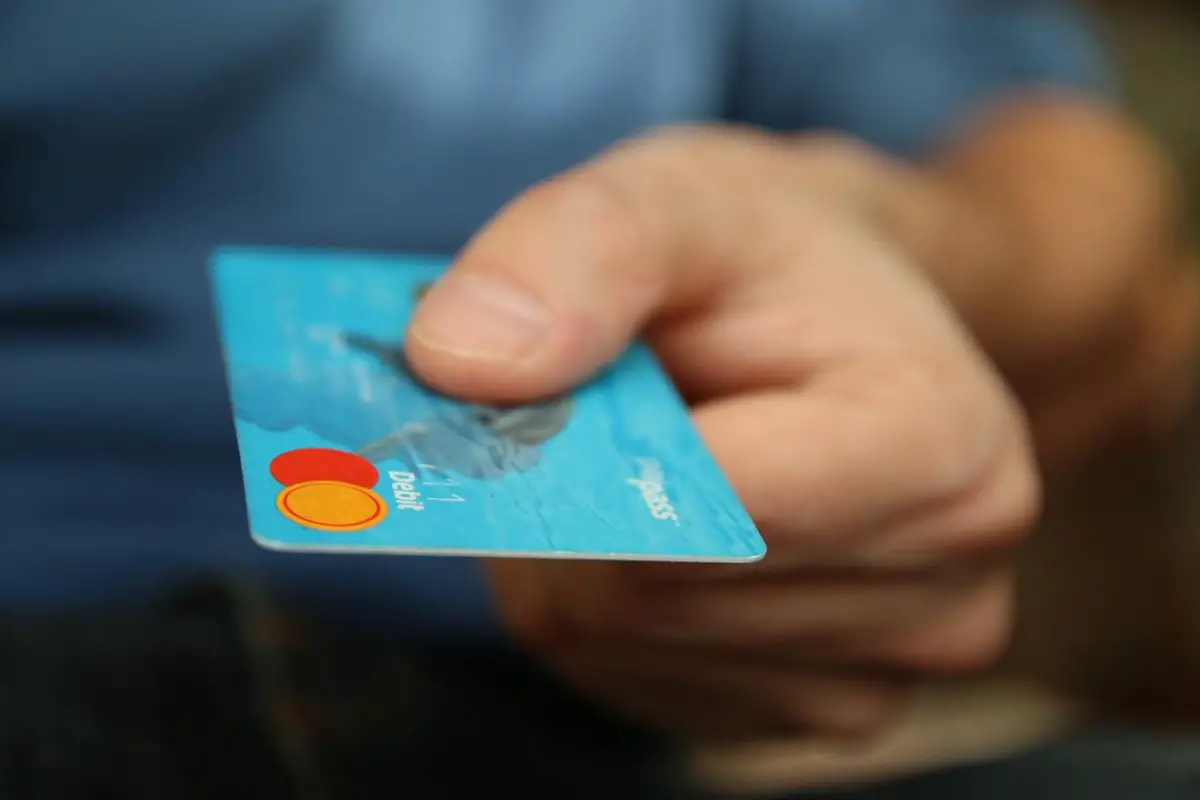It’s important to know how to get a credit card and build good credit, but first, you need to know what age can you get a credit card.
The minimum age for a credit card is 18 years old. However, if your parent or legal guardian will co-sign the account, you can get a card as soon as you turn 16.
The age at which you can get a credit card depends on a few factors. You may be able to get a credit card before you’re 18 if you have your own income and/or your parents or guardians add you as an authorized user to their credit cards. You may also be able to get something called a secured card, which is like a debit card but helps you build good credit. If you don’t have any of these options and are wondering what age can you get a credit card, there are plenty of ways to start building good credit, no matter what your age.
You may be able to get a credit card before turning 18 if:
- Your parents or guardians add you as an authorized user on their account. This doesn’t mean that they’re responsible for the charges on the card, so it’s important that you only use them responsibly
- You are employed and have independent income coming in (i.e., not living off of your parents).
Should Children Get Credit Cards?
People who ask what age can you get a credit card also ask if children should get credit cards. Credit cards are one of the most convenient ways to pay for things, but they can also be dangerous to those who are not careful. When used correctly, they can help people build credit and get rewards. This is why parents should give their children a credit card.
First of all, it will help them establish credit. Having a good credit score is important for getting loans, renting apartments, and even getting jobs. Many young adults have trouble with this because they don’t have any way to prove that they can handle their finances responsibly. Having a credit card allows them to show future employers and creditors that they have experience managing debt.
Second of all, it will teach them how to use credit cards responsibly. Using a debit card or cash are both good alternatives to using credit cards, but they don’t allow people to build up their credit scores as quickly or easily. By giving kids access to plastic at an early age (with proper supervision), parents can help them learn how these financial tools work so that they’ll be less likely to misuse them in the future when left on their own devices.
Finally, it will encourage them to spend more money on things that are important instead of just buying whatever strikes their fancy at any given point.
How Does One Get A Credit Card?
If you’re asking what age can you get a credit card, you should know that he concept of a credit card is fairly simple: it’s a line of credit, or a loan, that can be accessed by using a card as collateral. But how can an underage person get one?
The simple answer is that they can’t. No matter how much you may want to buy something, if you’re not 18 years old, you can’t get a credit card because state law requires the applicant to be at least 18 years old.
Still, some companies still try to get around the law—more for their convenience than yours. But these companies are breaking the law, and it can have serious consequences.
A recent study shows that 57% of 15-17 year olds have had their identities stolen—and many times, this happens because someone else applies for their credit cards. This means that it’s not illegal for an underage person to have a credit card—it’s illegal for anyone to apply for one on their behalf and use their identity.
The safest thing for any young person is to wait until they are 18 before applying for any type of credit card.
What Is the Best Way To Start Building Credit?
The best way to build credit when you turn 18 is by applying for a credit card or student loan. Credit cards are generally easier to get than student loans, though you will likely be charged an annual fee.
How to get started:
Research and compare companies that offer credit cards for teens with no annual fees, high credit limits, and rewards programs. Be sure to look into the annual percentage rate (APR) as well as any other fees associated with the card. Check your local banks and credit unions, as they may have better rates than national companies. Once you’ve decided on a company and gotten approval for a card, be sure to pay your bills in full every month. Avoid carrying a balance from month to month, as it will hurt your credit score, which you’ll want to build up before you apply for more serious financial instruments such as mortgages and car loans.
Before applying for a credit card or loan, talk with your parents about what you should look for in the application process. A good way to start is by going online and reading information about how young people should approach credit building.
Is It Harmful To Get A Credit Card At A Young Age?
For most people, it’s not harmful to get a credit card at a young age. However, in many cases, it can be beneficial. But there are some important things to consider before you apply for one.
If you don’t have any history of credit yet, it might be hard to get approved for a card. This is because lenders need some information about your credit profile and habits to determine whether or not they want to give you the line of credit you’re asking for. The easiest way to build up your credit is by paying off your existing bills on time every month—not just one time, but consistently over time so that creditors can see that you aren’t going anywhere anytime soon (and if they do give you money).
If you’re under 21 years old and/or don’t have a cosigner with good credit who will take responsibility for making sure all payments due are paid on time, then getting approved by yourself may prove difficult unless there are other factors involved such as income requirements being met or having had another type of loan recently paid off without defaulting.
Conclusion
In conclusion, there’s no hard and fast rule for when you can get a credit card, but after your 18th birthday is a good age to have one in case of an emergency. It will also give you time to learn about financial responsibility and get used to months without that Visa bill.
You May Like These Articles As Well:
Where Is The Pin On A Visa Gift Card: Visa Gift Card Mini Guide
 Being Human
Being Human




